Paging Earth is a climate communications blog dedicated to demystifying, depolarizing, and educating the public about climate change activism and climate science.
If you do not believe in climate change, I am here to tell you something you probably have never heard from anyone who supports the climate movement: It’s okay.
Environmental quality affects all of us, but our planet and concerns about climate change have unfortunately become taboo discussion points. It is one of the many topics you avoid at family reunions, chats by the water cooler, and parties, especially given the increasing polarization of environmental topics.
Environmental quality affects all of us, but our planet and concerns about climate change have unfortunately become taboo discussion points.
However, you do not need to be gung-ho about climate change to be concerned about the state of our environment. The goal of this blog is not to make people believe in climate change, but to explain how the quality of the environment is a great concern to us all, beyond political affiliation and beliefs.
Pollution Ravages Public Health
Pollution and environmental degradation have major impacts on public health. Air pollution causes almost 4.2 million deaths each year globally, making it the 13th leading cause of mortality.
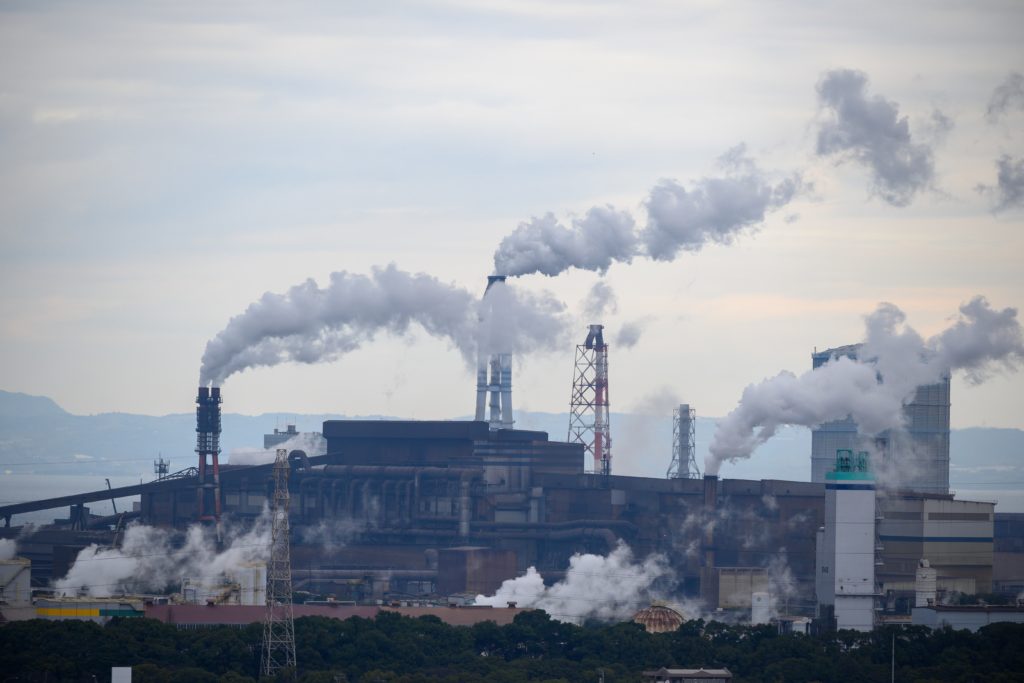
And these awful repercussions are the result of just one kind of planetary pollution. Other forms of environmental pollution can have health effects ranging from allergies to cardiovascular disorders to mental illnesses.
Even these startling statistics pale in comparison to the headlining breaking incidents we see daily. All over the world, our environment shows signs that it is reaching its tipping points of pollution.
All over the world, our environment shows signs that it is reaching its tipping points of pollution.
One of these major incidents was the 1952 Great Smog of London. For four days in December, the smog produced by bustling industries became trapped in the city during a unique weather event called an anticyclone. The result was halted travel, long lasting respiratory ailments, and 4,000 deaths.

Officials tried to brush the incident under the rug, even blaming the deaths on a flu outbreak. It took four years for any legislation to be passed in response to the Great Smog of London. Finally, the Clean Air Act banned the burning of fossil fuels in certain areas within the United Kingdom.
Another incident considered one of the worst environmental and public health atrocities in the United States is the Love Canal Tragedy. Located in Niagara Falls, New York, a chemical company sold contaminated land to Niagara Falls for a single dollar. It was not until after schools, homes, and businesses were built that the effects of the toxic land presented itself.
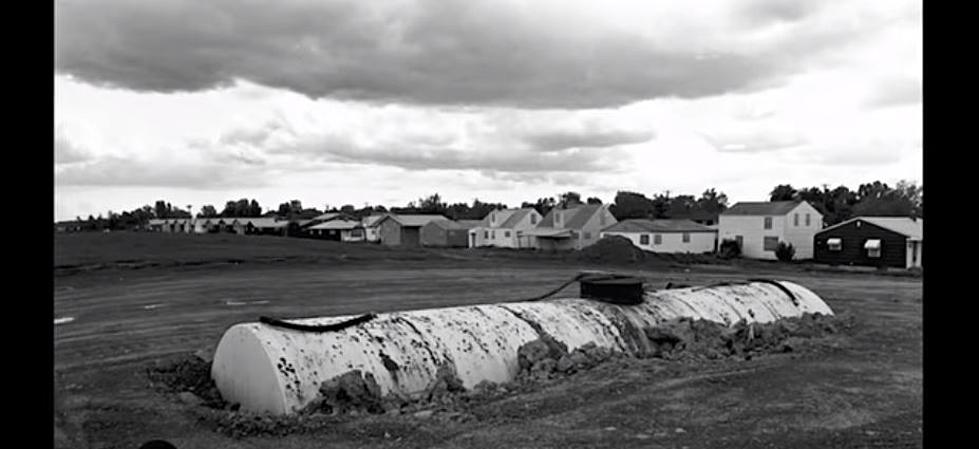
Homeowners were never informed about their proximity to the toxic chemicals and their families. While it is hard to get a correct estimate of the number of deaths caused by the toxic waste laying below residences’ feet, there were observed increases in miscarriages, crib deaths, birth defects, mental health issues, kidney and urinary failures, and other health problems in the following years.
These two specific incidents are poster children of what can go terribly wrong. There are countless incidents like this across space and time and they all have one thing in common: They could have been prevented.
Beloved Nature
Many of us have fond memories of nature, from hiking in the mountains to playing in the sand by the ocean. However, many of the places we enjoy in nature are in jeopardy across the world due to a lack of effective environmental regulation.
However, many of the places we enjoy in nature are in jeopardy across the world due to a lack of effective environmental regulation.
Regulations placed on industries and individuals can help stop both small scale public health issues related to pollution like minor respiratory issues and large scale disasters like those in London and Love Canal. It is important to handle this wide-scale pollution we face for ourselves and our future.
One iconic piece of nature that is currently suffering from a lack of regulation are coral reefs. Not only are coral reefs an amazing work of natural art, but they also support bountiful ecosystems, provide a buffer for shore lines when hurricanes hit, and are stunning tourist attractions.
However, pollution, ocean acidification, overfishing, and other preventable factors have resulted in the deaths and dying of reefs around the world. In fact, a recent United Nations study found that at the current rate, all coral reefs could be completely destroyed in as soon as 30 years. Rapid and wide scale action is the only way to salvage these natural wonders.
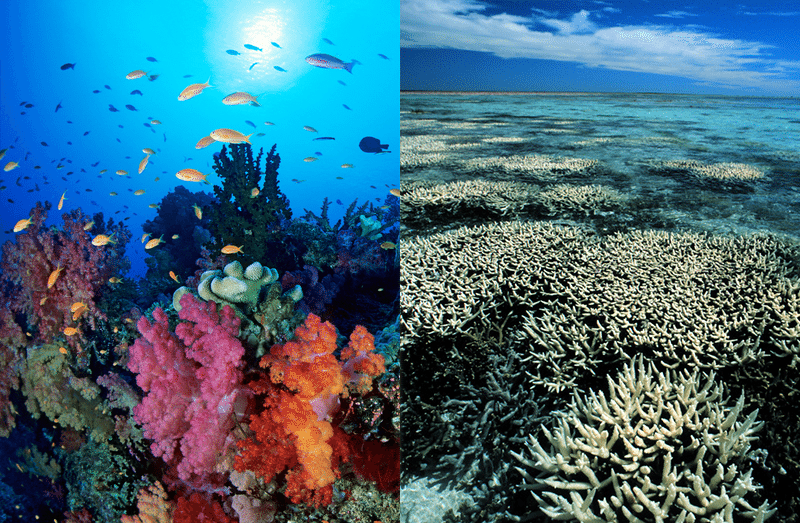
U.S. National Parks are also suffering from pollution and environmental degradation. According to a report by the National Parks Conservation Association, nearly 85 percent of national parks in the United States have levels of air pollution that are considered “hazardous to human health.”
Atmospheric pollution mostly comes from local unregulated activities such as drilling for oil and gas, coal mining, transportation, power plants, and farms. This air pollution not only affects humans, but also the natural habitats of the parks by preventing tree growth, harming plants, and even changing the chemistry of the water and soil.
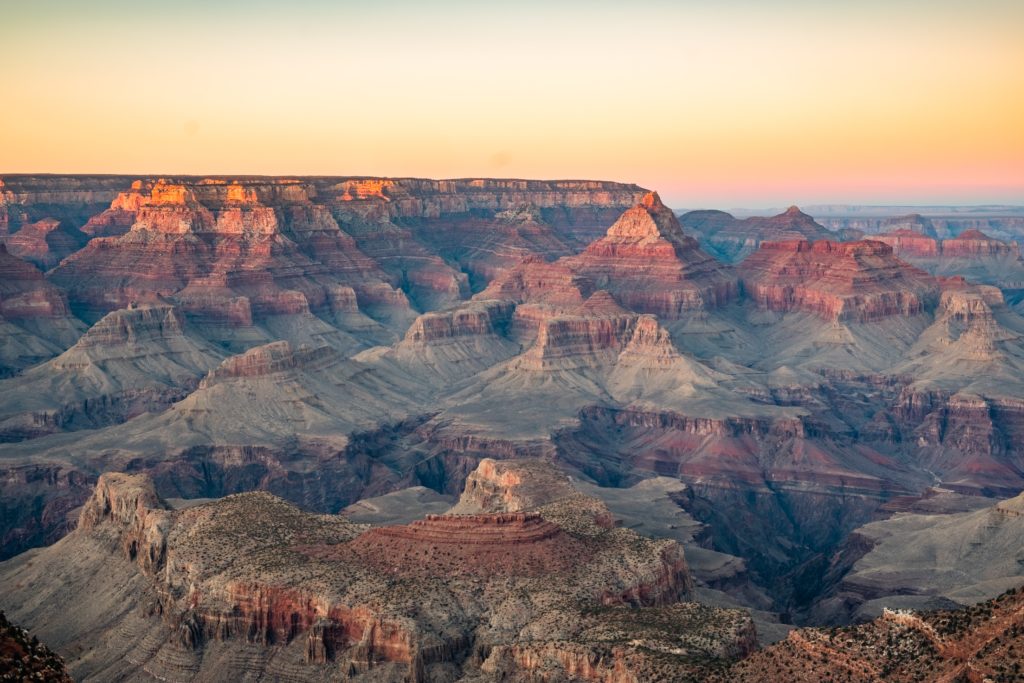
For places that are meant to be a safe haven both for people and nature, the declining environmental states of U.S. National Parks is heart wrenching. If this is the state of some of the most protected lands, then what is it like for lands that are not protected?
For places that are meant to be a safe haven both for people and nature, the declining environmental states of U.S. National Parks is heart wrenching.
It is terrifying to think that in the near future we might be telling our children about coral reefs that had existed and only see the beauty of national parks through photos.
Regulation can help protect these sites and others, preserving them for future generations to experience and admire.
Economic Effects
Environmental degradation can also have serious impacts on the economy. As we discussed previously, pollution and other forms of environmental harm have a major impact on public health. But what does public health have to do with the economy?
Illness costs money. Whether the costs are direct, like medical bills and prescriptions, or indirect, like inability to work, poor public health hurts the economy. With an increase in health issues related to the quality of the environment, economies around the world are at risk.
Ecosystem services are another economic factor affected by the environment’s suffering. Ecosystem services are environmental systems that provide positive effects, such as natural air or water purification through plants, pollination, and aquifers.
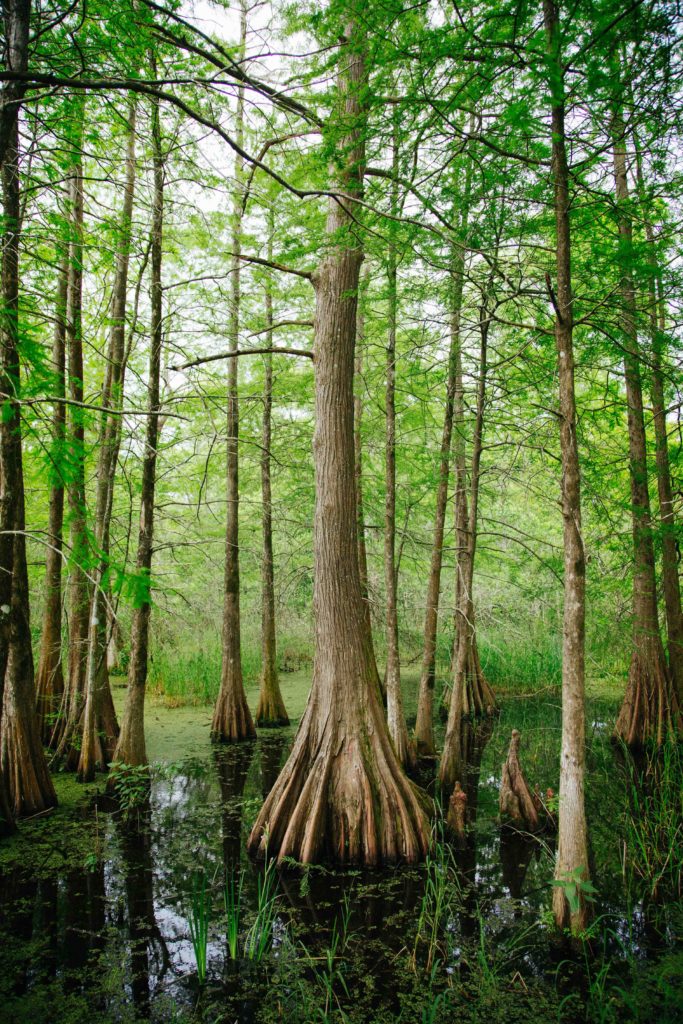
When these services are degraded or destroyed, it is considered a loss of natural capital. And a loss of natural capital is also a loss of a major part of the economy — the economy loses a public good that provides benefits to all.
Ecotourism is another important economic sector. This type of tourism is defined as “responsible travel to natural areas that conserves the environment, sustains the well-being of the local people, and involves interpretation and education.”
Ecotourism allows countries an opportunity to use their natural lands as a both economic and educational resources for ecotourists, as long as it is performed in a culturally and environmentally sensitive way
The environment degraded the environment become, the more global economies will be affected. Nature plays a pivotal role in helping to keep our economy in check, and when environmental harm like pollution and degradation gets in the way of this, the consequences are costly.
Where Do We Go From Here?
From deterioration of public health to destruction of beloved natural landscapes to blows to the economy, we may find common ground in acknowledging that environmental degradation and pollution pose serious threats to the current and future well-being of our society.
Whether or not you believe in climate change, environmental degradation is uncomfortable, distressing, or downright depressing to think about, let alone discuss with others. Find solace in that recognizing the issue is the first step toward fixing it, and we can take it one step at a time.







Your article helped me a lot, is there any more related content? Thanks!
The point of view of your article has taught me a lot, and I already know how to improve the paper on gate.oi, thank you.